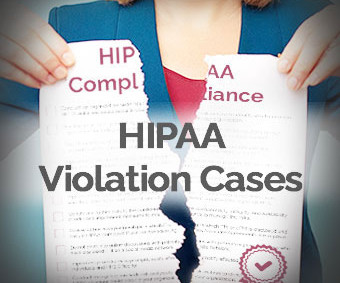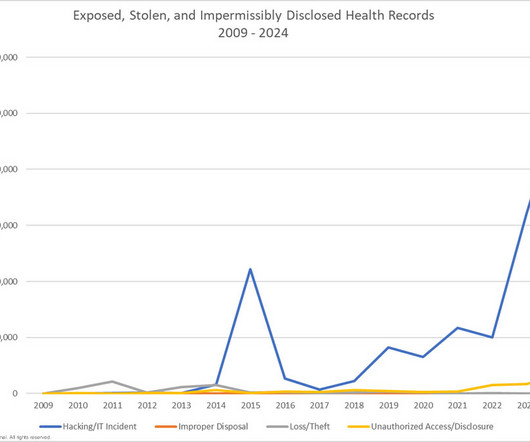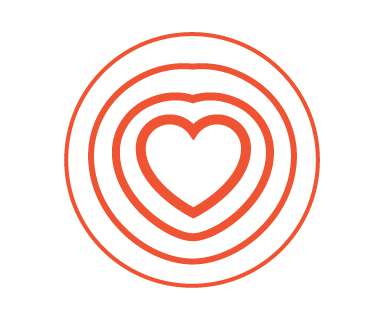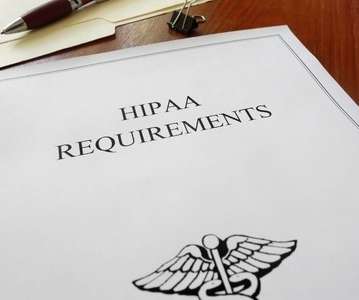What is Considered a HIPAA Breach in 2019?
Electronic Health Reporter
SEPTEMBER 17, 2019
The Health Insurance Portability and Accountability Act (HIPAA), a bill passed initially in 1996, consists of a set of rules and regulations that protect the privacy and security of health information and provide individuals with certain rights to their health information. The article What is Considered a HIPAA Breach in 2019?




















Let's personalize your content